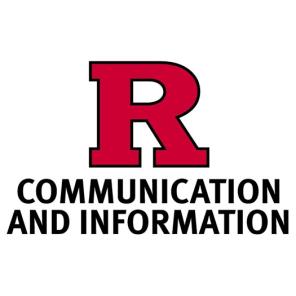January 27, NetSCI Distinguished Speaker Series - Dr. Drew Margolin

Networks of Informative Fiction? Can there be some truth in misinformation, and why this matters for network research.
In this talk he will present a “theory of informative fictions.” This theory proposes that people seek and communicate two different kinds of information: property information, which describes features of the objective world of things, such as facts, and character information, which portrays the mind of a social agent, such as their intentions. Dr. Drew Margolin will show that these are sufficiently independent such that false property stories or “fictions,” while misleading about the mechanics of the world, can nonetheless be informative about character, the intentions of social agents. Then he will draw some implications of this for the study of networks, in particular the need to find ways to identify “fiction networks” – the social ties that individuals trust to provide them with informative fictions.
Dr. Drew Margolin is Associate Professor in the Department of Communication at Cornell University. His research uses computational methods, typically combining social network analysis with text analysis techniques, to do theoretical investigations of real-world communication behaviour. His recent topics of interest include understanding and resisting misinformation as well as hidden sources of inequality in the online world. He is particularly interested in learning how to build productive conversations where authority and skepticism are both respected.
Networks of Informative Fiction? Can there be some truth in misinformation, and why this matters for network research.
In this talk he will present a “theory of informative fictions.” This theory proposes that people seek and communicate two different kinds of information: property information, which describes features of the objective world of things, such as facts, and character information, which portrays the mind of a social agent, such as their intentions. Dr. Drew Margolin will show that these are sufficiently independent such that false property stories or “fictions,” while misleading about the mechanics of the world, can nonetheless be informative about character, the intentions of social agents. Then he will draw some implications of this for the study of networks, in particular the need to find ways to identify “fiction networks” – the social ties that individuals trust to provide them with informative fictions.
Dr. Drew Margolin is Associate Professor in the Department of Communication at Cornell University. His research uses computational methods, typically combining social network analysis with text analysis techniques, to do theoretical investigations of real-world communication behaviour. His recent topics of interest include understanding and resisting misinformation as well as hidden sources of inequality in the online world. He is particularly interested in learning how to build productive conversations where authority and skepticism are both respected.
